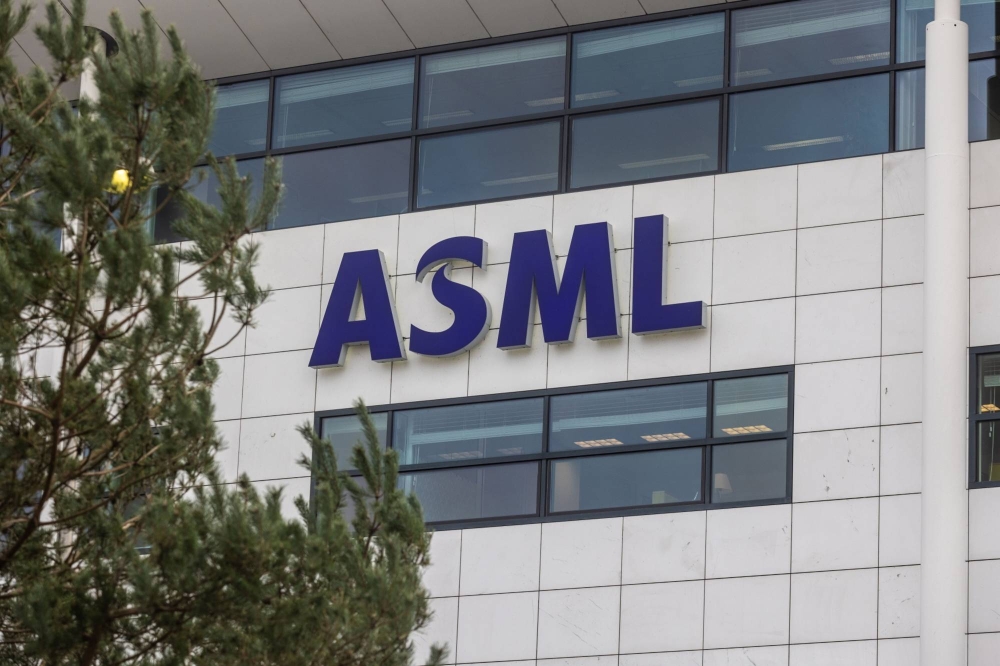The Dutch government is considering the economic interests of ASML when evaluating potential restrictions on the export of its computer chip-making equipment to China, according to Dutch Prime Minister Dick Schoof. Speaking on Friday, Schoof emphasized the importance of ASML to the Netherlands, highlighting the company’s innovative role in the industry and the need to balance economic interests against other risks.
Schoof described ongoing discussions as productive and indicated that ASML’s global position must not be compromised by export restrictions. However, he declined to comment directly on recent reports by Bloomberg News, which suggested that the Netherlands might impose further curbs on ASML’s business with China.
ASML, a leading player in the semiconductor equipment industry, counts China as its third-largest market, following Taiwan and South Korea. Chinese companies currently account for approximately 20% of ASML’s order backlog. While earlier restrictions focused on requiring licenses for ASML’s high-end products, Chinese chipmakers have since shifted to purchasing older ASML equipment that is not covered by these restrictions. These legacy tools remain critical for manufacturing chips used in industrial applications worldwide.
In addition to Dutch regulations, the United States imposed unilateral restrictions in October 2023, limiting ASML’s ability to export some mid-range tools, which raised questions in the Dutch parliament. The Dutch government’s stance aligns closely with the United States, given their strong support for NATO and concerns over China’s support for Russia in the Ukraine conflict.










